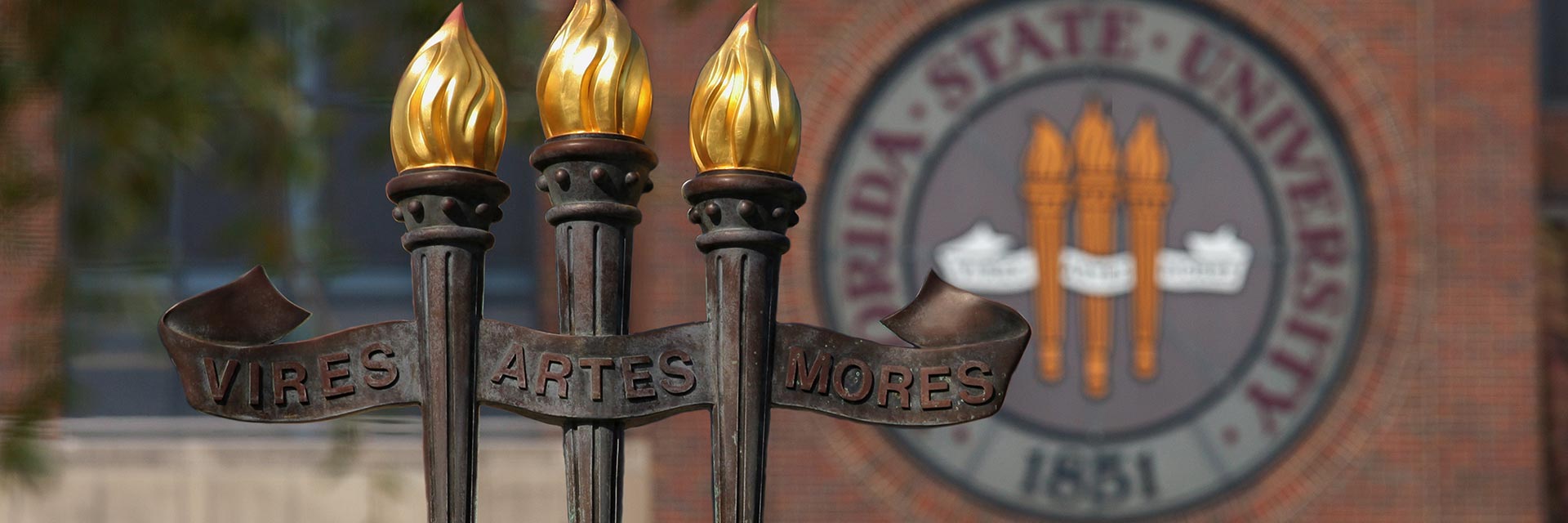The Center for the Advancement of Teaching seeks to recognize and cultivate learner-centered teaching throughout the university by providing support to faculty as they balance cutting-edge research with thoughtful teaching.
The Center provides a space for collegial exchange about teaching and learning, bringing together faculty at all levels and across disciplines to promote our collective project of providing our students with a preeminent education. We curate research on how humans learn and provide programming and services to help our colleagues apply it in their own classroom practice. CAT promotes student success at FSU by supporting the faculty in the important and challenging work of crafting transformative learning experiences, and by fostering a culture in which effective teaching is valued and rewarded.


